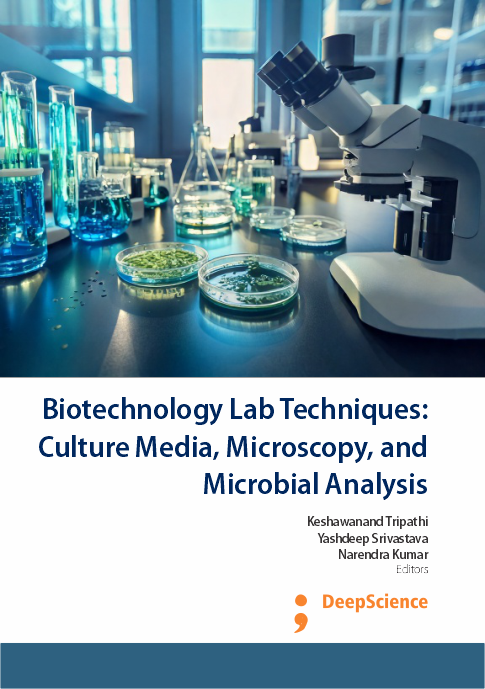Investigation of organogenesis in bacopa monnieri: Mechanisms, tissue culture techniques, and developmental insights
Synopsis
Medicinal plants are essential to healthcare systems worldwide, serving as key sources for both traditional remedies and modern pharmaceuticals. As the demand for herbal medicines and antibiotics continues to rise, there is growing emphasis on the conservation and cultivation of these valuable plant species (George et al., 2008). Micropropagation, especially through shoot cultures, shows great potential for preserving valuable genotypes (Smith, 2012). Plant tissue culture, a collection of methods for growing or maintaining plant cells, tissues, or organs in sterile conditions on nutrient-rich media, supports this effort. Plant regeneration can occur through organogenesis and somatic embryogenesis, which involve stages such as initiation, proliferation, elongation, rooting, and acclimatization (Jain and Yadav, 2011).














